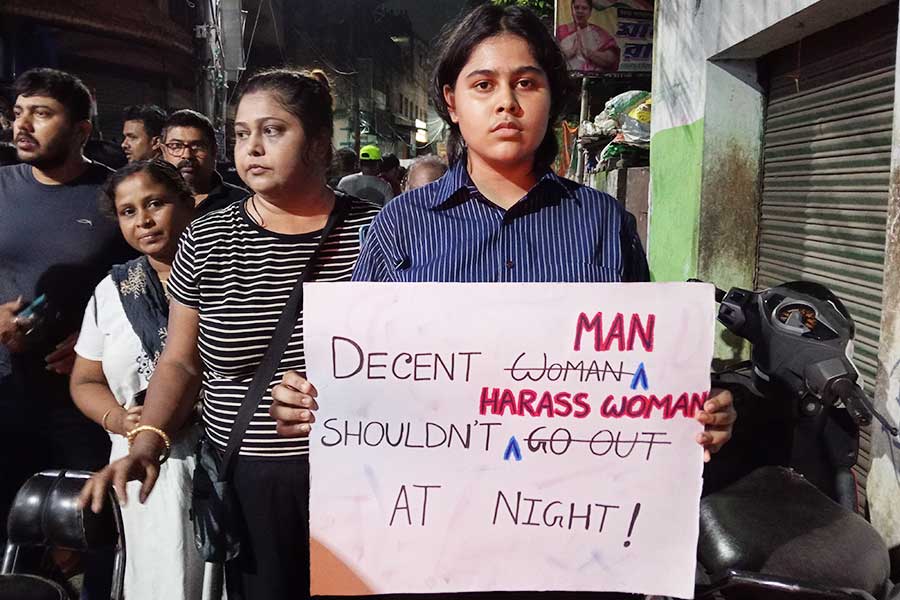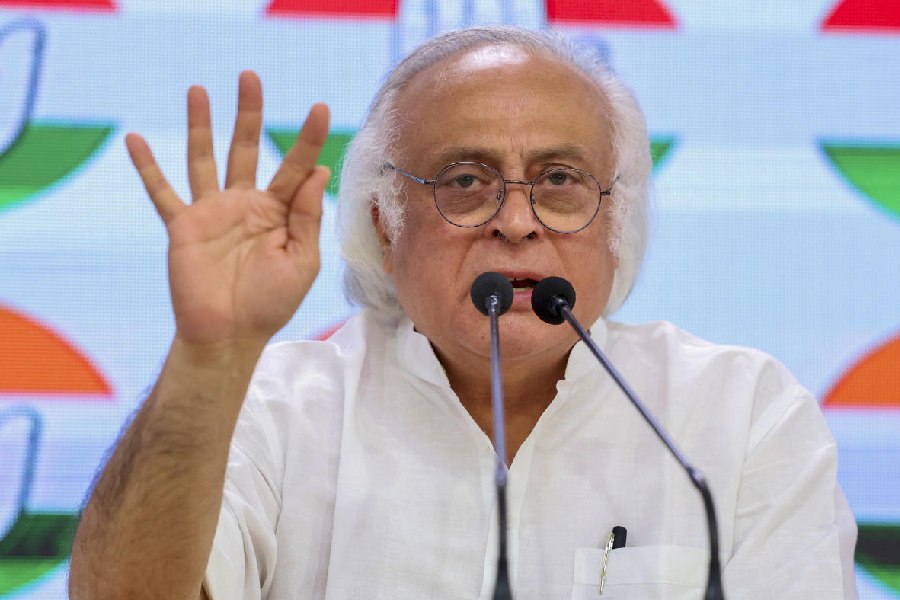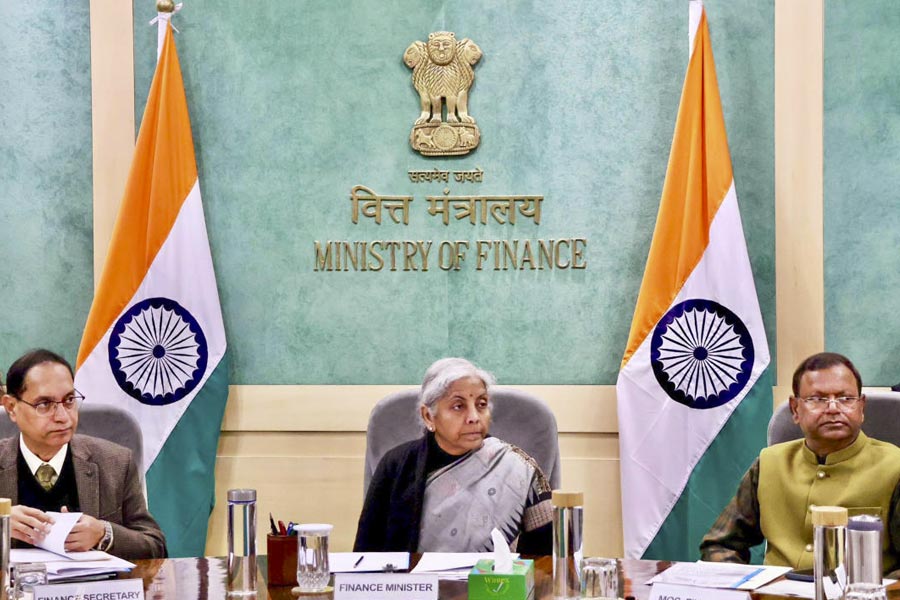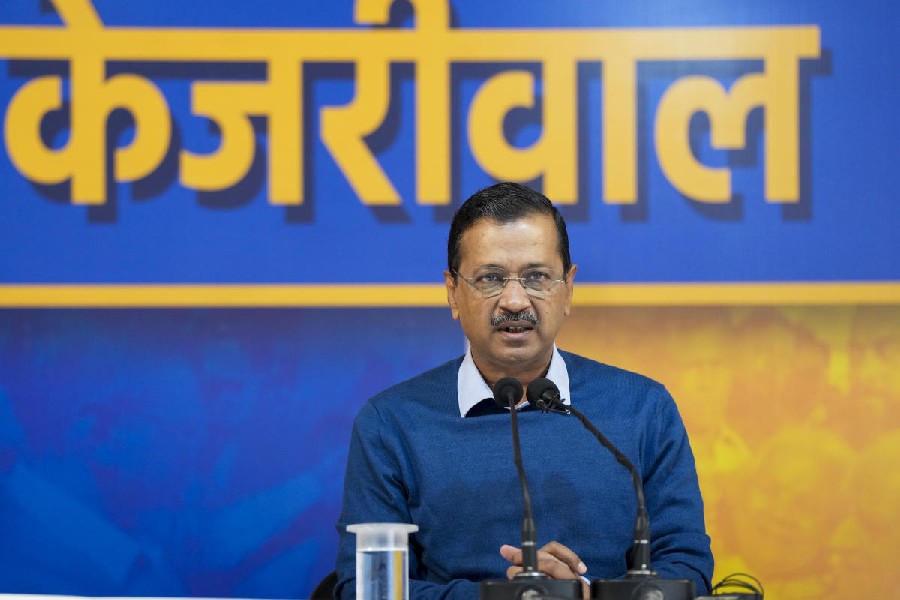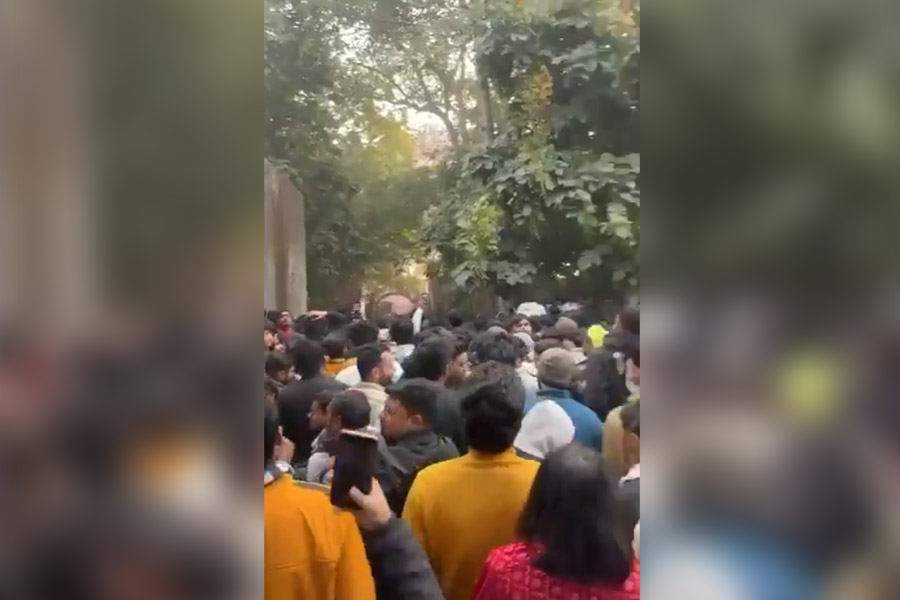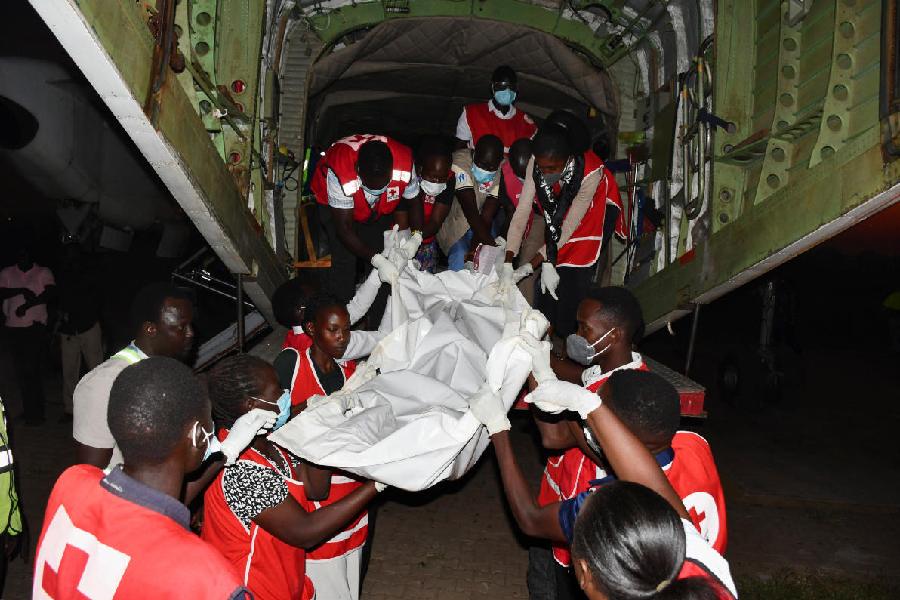In Behala Sakherbazar, residents came together to reclaim the night, turning their grief and outrage into a powerful protest on Wednesday demanding justice for the brutal murder of a trainee doctor from RG Kar Medical College and Hospital. The demonstration took place just an hour after a Tollywood actor sang Kumar Sanu's song "Manush je aaj aar nei ko manush" about one kilometer away from the protest site at an event that Chief Minister Mamata Banerjee attended in the evening.
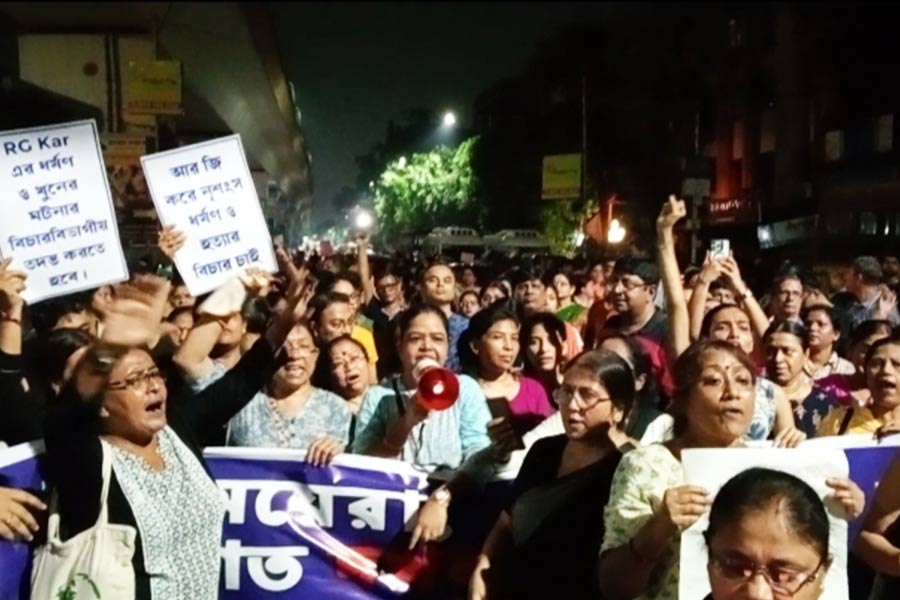
Men and women protest in solidarity over the incident at RG Kar Hospital
The protest was held only 100 meters away from Behala Chowrasta, where residents had burned police vehicles in August, 2023 to protest the death of a seven-year-old boy killed by a truck while on his way to school. Now, the residents united once more at Sakherbazar, determined to reclaim their street and demand justice. They stopped several trucks for hours, climbed a tanker's roof, and waved the national flag.
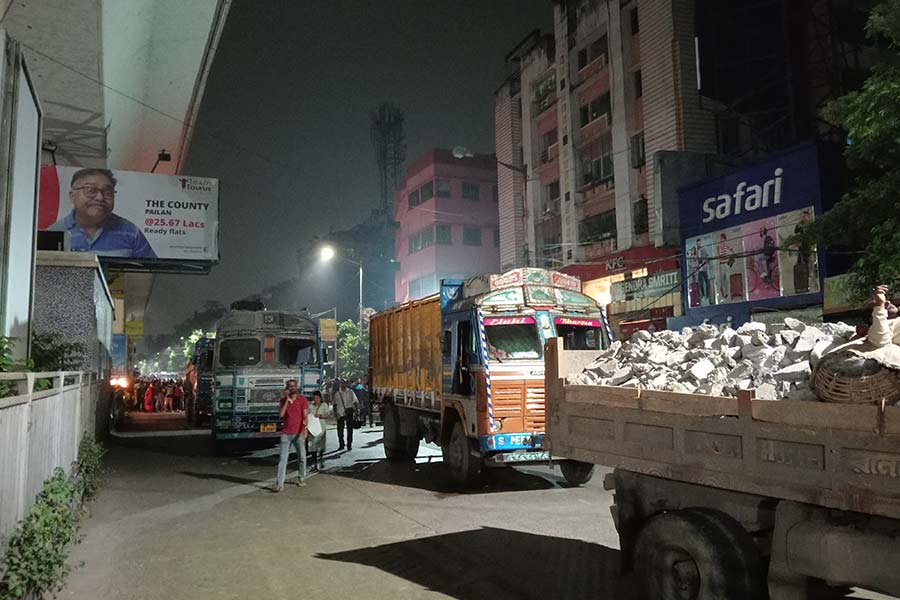
Several trucks were stopped for hours on the DH Road in Sakherbazar, Behala
The streets, usually quiet in the late hours, transformed into a powerful symbol of resistance and solidarity as residents from different parts of Behala stood shoulder to shoulder in the face of tragedy. As night descended, Sakherbazar became a sea of voices and candles. Men, women, and children halted traffic, chanting “We want justice” and holding placards that read “City of joy or city of bhoy.”
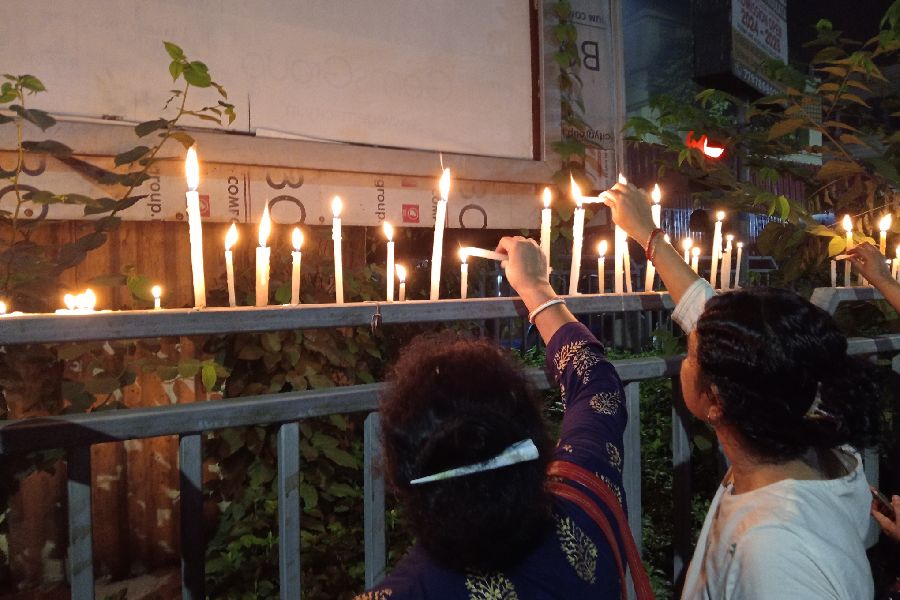
Women lighting candles at Sakherbazar as a form of protest
Among the crowd was Ganga Guha Roy, a nurse in her fifties from Saroj Gupta Cancer Centre, who walked more than 2 kilometers to reach the protest site with her daughter. “I am profoundly distressed by the tragedy that befell the woman trainee doctor. Having worked night shifts myself, I understand the critical need for enhanced security for women. We have gathered here to ensure that such horrors are never repeated.”
With the 78th Independence Day approaching in a few minutes, the atmosphere was charged with both anger and hope. Many waved the Indian National Flag, sang Bhupen Hazarika's "Amra korbo joy," and marched from Sakherbazar to Behala Tram Depot. Others remained at Sakherbazar, lighting candles, singing and asking for justice.
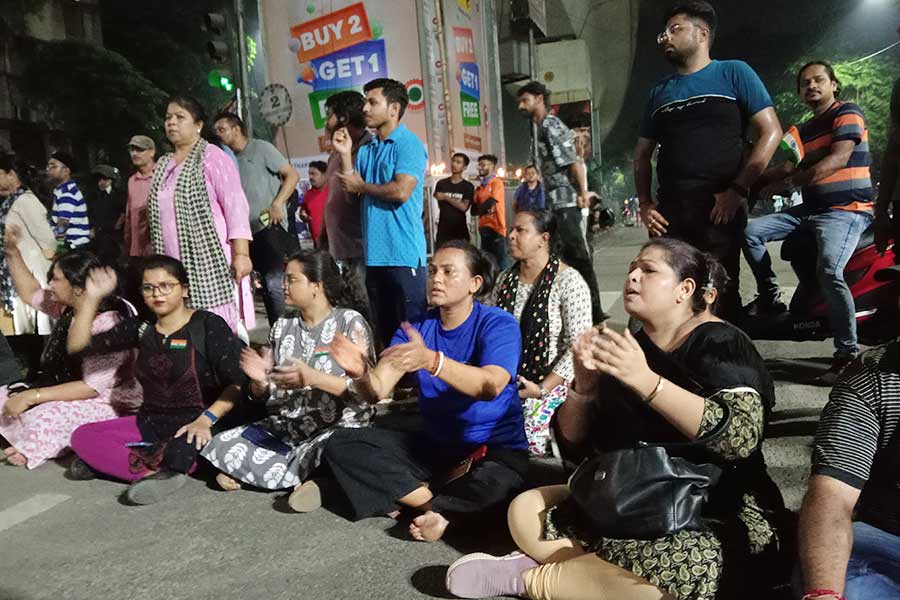
Women sat at Sakherbazar crossing in circle and chanted slogans
Pranati Kar, a social worker in her seventies, called for stringent justice. “I demand the harshest punishment for all those involved, and it is becoming evident that multiple individuals were part of this horrific incident. Everyone involved must be held accountable. This is not an isolated case; women have faced violence in our state before. The perception of women as mere objects must change. We have gathered tonight to prevent future tragedies and ensure no mother has to endure such loss. As we approach the 78th Independence Day, it is alarming that women continue to live in fear.”
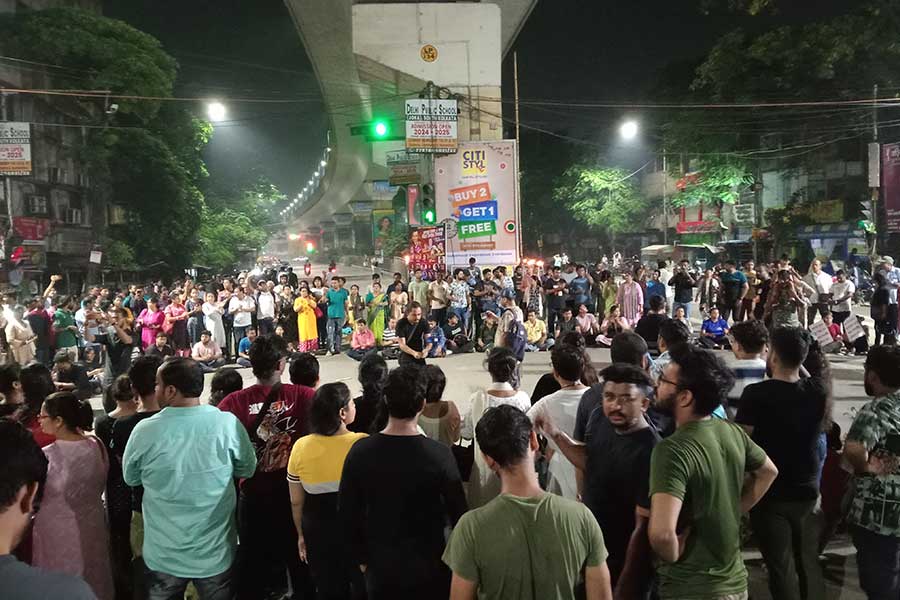
The crowd at Sakherbazar crossing
Despite the late hour, the crowd’s resolve remained unshaken. They chanted “Bichar chai, bichar chai” (We want justice) and sat at Sakherbazar crossing forming a circle. Black headbands and black T-shirts became symbols of their solidarity.
Piyali Das and Mitali Das, two sisters in their twenties who attended with their brother, expressed their growing frustration. “People are at their breaking point. They are taking to the streets because, despite changes in laws following Nirbhaya, enforcement remains inadequate, and the accused are often shielded from consequences. The struggle for justice extends beyond this night; it is a continuing fight.”
Debojyoti Ghosh, a KMC employee, shared his distress. “The suffering endured by the victim is unimaginable. The sheer number of people here reflects the profound anger within the community. The punishment for this crime must set a precedent across the country.”
Every placard and slogan was a symbol of defiance, a declaration that the residents would no longer remain passive in the face of violence. The protest was not merely a reaction to one tragedy but a broader cry against the systemic failures that have allowed such violence to persist.
Mithu Roy, a businesswoman who came from Thakurpukur, said, “I have a daughter at home, and I do not want her to fear stepping outside. Where is the security for our daughters?”
A Muslim woman, choosing to remain anonymous, shared similar views. “I am here as a mother. The victim could have been my daughter. Women have gathered here today because they want to feel safe when they step outside," she said.
The protest was a vivid portrayal of civic engagement, with ordinary citizens stepping forward to make their voices heard. As the hours ticked by, the protestors’ resolve only grew stronger, their calls for justice becoming a thunderous echo of a city unwilling to accept violence as a norm.
Monalisa Mallick, a teacher, said, “Many advocate for women to learn self-defense, but that’s not the answer. Men need to develop self-control to ensure that no woman is harmed.”
In a powerful display of solidarity, protesters sought to reclaim the night, turning it into a beacon of hope and resistance. The protest was not just a demand for accountability but a declaration that the city would no longer be silenced or overshadowed by violence. The question remains—will this collective outcry pave the way for meaningful change, or will it fade with the dawn? Only time will tell.

